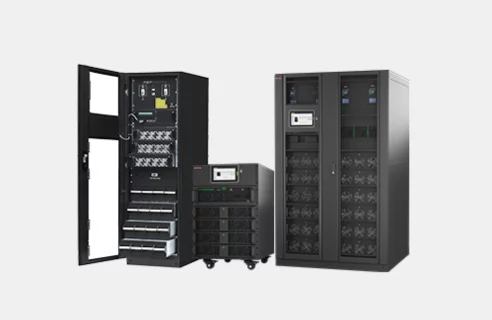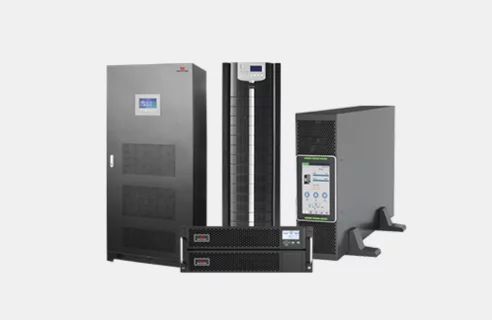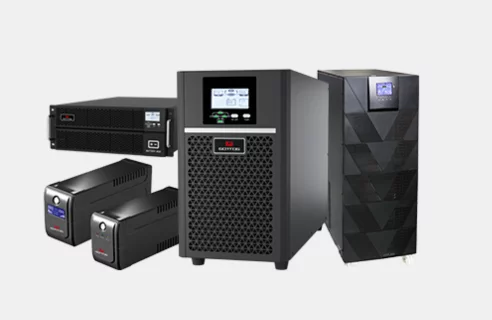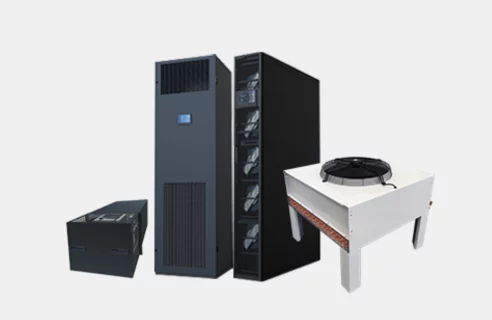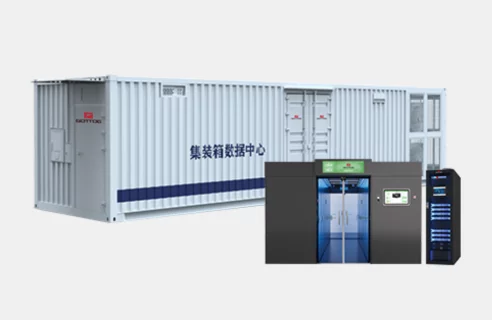In today’s fast-paced digital age, data centers have become the backbone of global internet services, financial transactions, enterprise operations, and other critical business functions. Ensuring the efficient, secure, and uninterrupted operation of data centers is highly dependent on the reliability of the power system. أنظمة UPS (Uninterruptible Power Supply), being a critical power protection device in data centers, directly impact business continuity. However, traditional UPS maintenance approaches often fail to identify potential issues early enough, leading to unexpected downtime and operational disruptions. As a solution, predictive maintenance has become a key strategy for optimizing UPS systems. This article will delve into the importance of predictive maintenance in UPS systems and how it enhances the reliability of data center equipment, while reducing operational costs.
1. Predictive Maintenance: Reducing Unexpected Downtime and Ensuring Data Center Operations
In a data center, any downtime could result in significant economic losses and jeopardize the reputation of the business. As the core power protection device, a failure in the UPS system could lead to large-scale downtime. Therefore, traditional maintenance models often fail to identify underlying problems, especially when a UPS system is nearing failure. Predictive maintenance, by contrast, allows real-time monitoring and data analysis to predict potential faults or battery degradation before they occur, helping prevent downtime.
Predictive maintenance leverages advanced IoT sensors and AI algorithms to collect real-time data from the UPS system, such as voltage, current, temperature, and load. By analyzing these data points, the system can detect abnormal changes and send alerts to the maintenance team for timely intervention. This proactive approach helps reduce the risks of unexpected downtime and ensures continuous operation of mission-critical systems in the data center.
2. Enhancing Equipment Reliability and Extending UPS System Lifespan
As time progresses, UPS systems are subject to wear and tear, fluctuating loads, and environmental factors that can degrade their performance. Predictive maintenance enables real-time monitoring of these changes, analyzing data to predict the system’s life cycle, and determine the optimal time for replacement or repair. Compared to traditional maintenance models, predictive maintenance ensures that interventions are more accurate and efficient, maximizing the service life and value of the equipment.
Additionally, by accumulating and analyzing historical data, predictive maintenance creates a health record for the UPS system, providing data-driven insights for future maintenance decisions. Regular health checks and accurate fault predictions allow the equipment to run at optimal levels, minimizing unplanned downtime and enhancing system reliability.
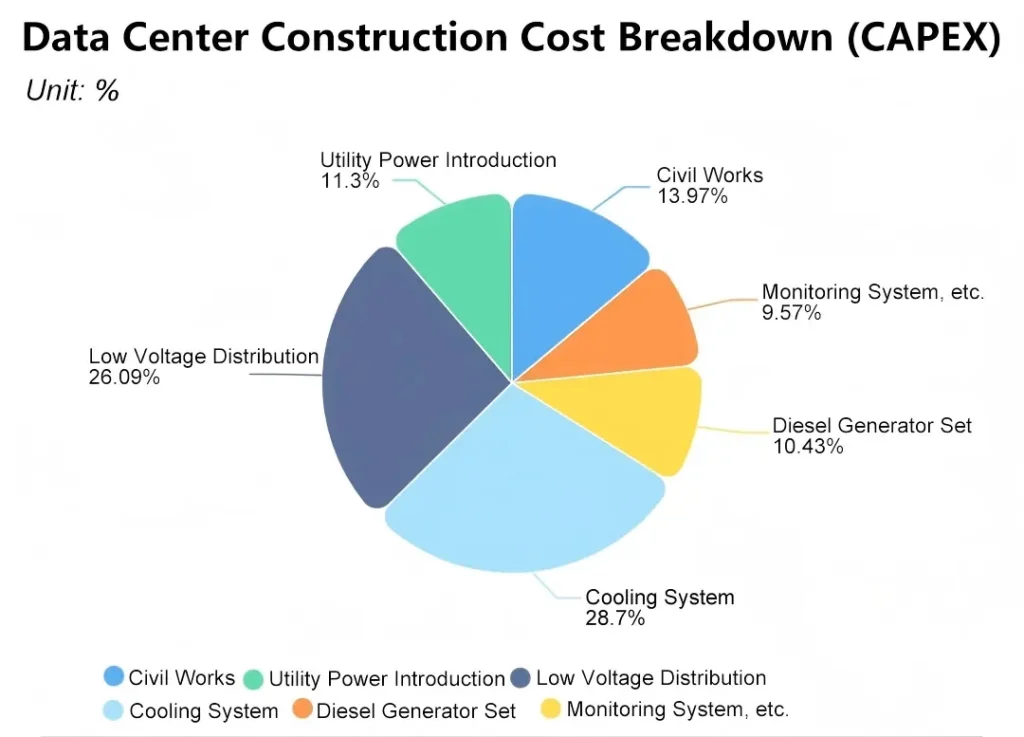
3. Reducing Data Center Maintenance Costs
Data center maintenance costs typically represent a significant portion of operational expenses. Particularly in the case of unexpected equipment failures, the cost of repairs and replacements goes beyond component costs and includes the business disruption caused by downtime. Predictive maintenance helps accurately forecast potential failures, enabling preventative measures that avoid costly repairs.
In the context of UPS systems, common failures such as battery aging or unstable power output can be predicted and addressed in advance. By addressing issues before they occur, the maintenance team can take proactive measures, reducing unplanned service interventions and thus minimizing maintenance costs. Moreover, remote monitoring allows technical staff to check system status and diagnose issues remotely, further reducing the need for on-site services and cutting down on labor costs.
4. Enhancing Operational Efficiency with Remote Monitoring and Intelligent Management
As data centers grow in scale, an increasing amount of management tasks are shifting to remote monitoring and automated management. The remote monitoring feature of UPS systems allows operators to view system status and performance in real time without needing to be physically on-site. They can remotely adjust device parameters and respond to alarms immediately.
By combining predictive maintenance with remote monitoring, data center managers can quickly act on emerging issues, optimizing response times and minimizing downtime. This intelligent management not only improves operational efficiency but also allows for continuous 24/7 monitoring, ensuring that the UPS system remains in peak condition and protecting against unexpected disruptions.
5. The Future: AI and Big Data Advancements in UPS Predictive Maintenance
With the rapid advancements in artificial intelligence (AI) and big data, the future of predictive maintenance for UPS systems looks even more promising. AI algorithms can use machine learning and deep learning techniques to extract fault patterns from large volumes of data, improving prediction accuracy. Big data analytics integrates data from different devices and data centers, optimizing predictive models and providing more accurate insights into potential failure trends.
As these technologies continue to evolve, UPS systems will achieve higher levels of intelligence and efficiency in their maintenance, ensuring better equipment reliability, reduced downtime, and lower operational costs for data centers.
خاتمة
In modern data centers, the UPS system is the core component that ensures power reliability and system uptime. Predictive maintenance has become a critical strategy for improving the reliability and operational efficiency of UPS systems. By leveraging advanced technologies like IoT, AI, and big data, data centers can proactively monitor their power protection systems, extend the lifespan of equipment, and reduce maintenance costs. As technology continues to advance, predictive maintenance will become the standard for UPS system management, offering more efficient, intelligent, and cost-effective power protection.

